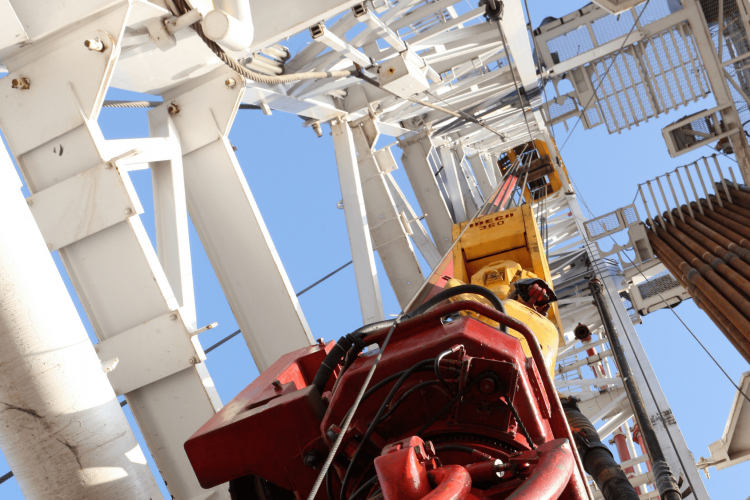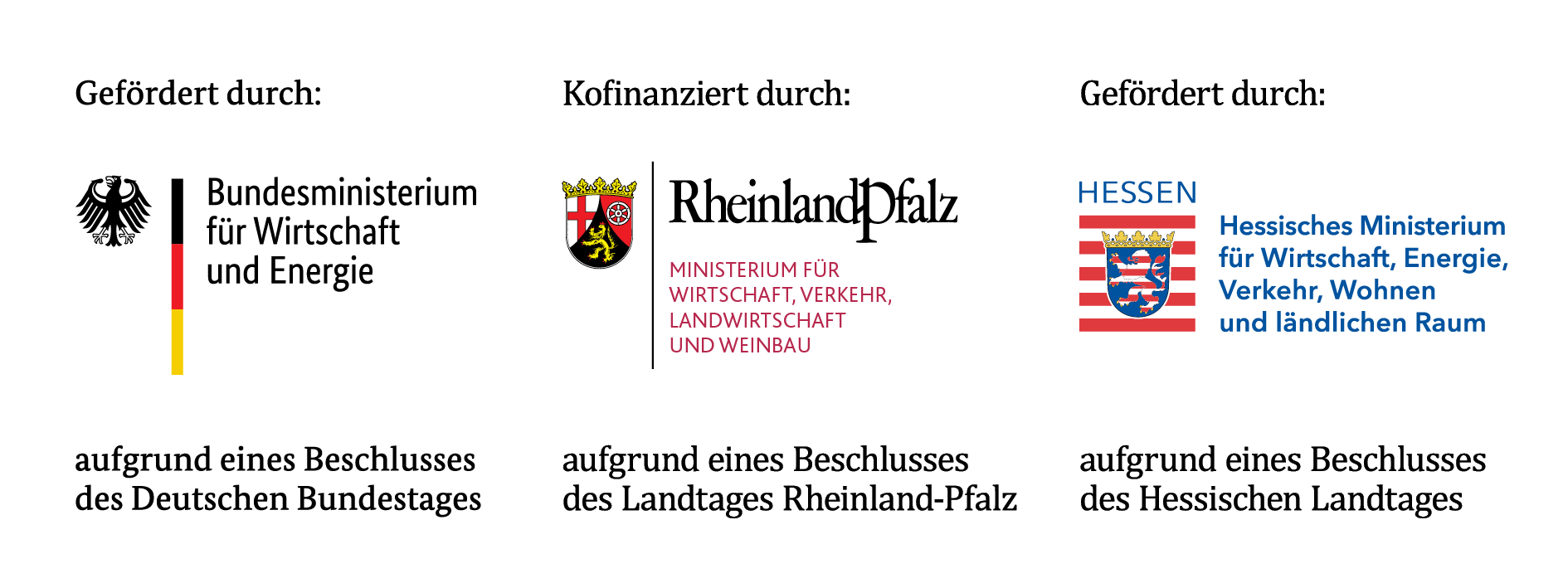
Geothermal the key to unlocking Europe’s and Germany’s energy independence
The shocking events in Ukraine call for a reassessment of current policies in many areas, including and especially energy. Germany’s dependence on Russian energy imports must be significantly reduced – and as quickly as possible.
The German government is currently discussing and developing a wide range of measures and Vulcan is advocating for geothermal technology to be embraced as a secure and clean supply of heat.
It is clear that Germany must expand energy production at home, particularly for heating, to be prepared for any shortages that result from a halt in Russian energy supplies.
We believe, consistent with a recent government commissioned study by the Fraunhofer Institute, that deep geothermal renewable energy is a critical part of the new energy mix required, providing a secure and at the same time clean supply of renewable heat. Together with near-surface geothermal energy, this technology is capable of covering around one-fifth of Germany’s heat demand by 2030 and thus replacing a significant proportion of Russian natural gas imports.[1]
Unlike wind and solar energy, deep geothermal energy is also supply-independent and base-load capable, meaning it can provide renewable heat at any time – and at stable and comparatively low heat production costs currently at 25 to 30 euros per megawatt hour.[2] In Germany, this type of energy generation has a long tradition and therefore has particularly favorable framework conditions compared to global peers.
As those who follow and support our Zero Carbon Lithium™ Project know, in addition to being a source of renewable heat, deep geothermal energy offers another advantage in certain regions: it can be used to extract lithium for electric vehicle battery production in the south-west of Germany, with a zero carbon footprint of production.
Under the Upper Rhine Graben between Basel and Frankfurt am Main is one of the world’s largest deposits of this raw material, which is so important for the energy and transportation transition. Producing lithium in the Upper Rhine Graben will not only significantly reduce the CO2 footprint of batteries and thus of electric cars, but also establish a reliable supply of this key raw material that is independent of international supply chains.
Vulcan is proactively advocating for German legislators to support the enormous potential of deep geothermal energy for a safe and clean heat supply in Germany. Specifically, we are calling for the following measures:
- It should be established in law that the expansion and use of deep geothermal and other renewable energy sources for both electricity and heat generation are in the public interest and serve public safety.
- The privileged treatment of wind and water energy under building planning law in the Building Code should be extended to include privileged treatment of geothermal energy.
- The development of district heating networks by municipalities and energy suppliers should be financially supported by the Federal Government, as per the Fraunhofer report recommendations.
- The efficiency of approvals under the Federal Mining Act in 2021 should be increased.
Vulcan has also suggested a National Geothermal Summit hosted by the German Federal Ministry for Economic Affairs and Climate Action to identify further hurdles and measures for a rapid expansion of deep geothermal energy in Germany.
We at Vulcan believe geothermal renewable energy can and will play an important part in achieving Europe and Germany’s energy security and independence.



